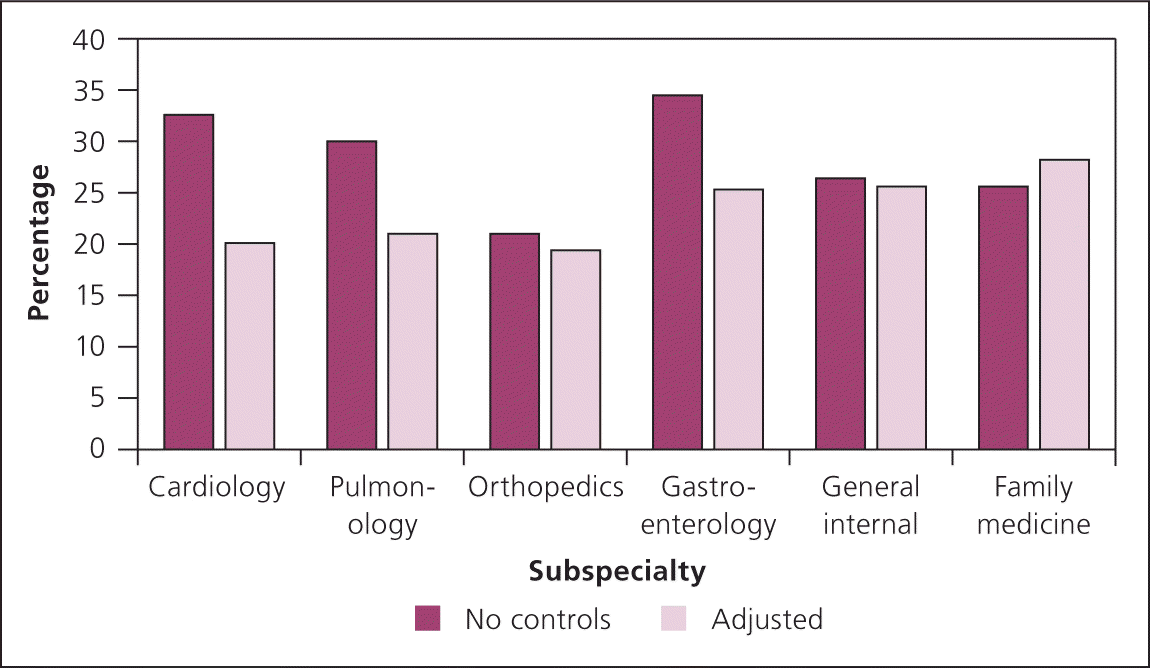
Am Fam Physician. 2015;92(3):182
Author disclosure: No relevant financial affiliations.
Family medicine and general internal medicine physicians are more likely to participate in the Medicare electronic health record (EHR) incentive program compared with other subspecialties, after accounting for Medicare income and other factors. These findings support the continuation of incentive programs that assist physicians in the meaningful use of EHR technology.
The American Recovery and Reinvestment Act directed $27 billion for Medicare incentive programs to help office-based physicians implement EHRs, aiming to improve interoperability and coordination of medical care. Payments were dispersed to eligible professionals after they implemented EHRs, demonstrated meaningful use of certified technology, and passed an attestation process.1
Those in higher-paid subspecialties have lower risk when implementing an EHR compared with many primary care physicians because of a relative advantage of using a lower percentage of subspecialists' practice income to cover the substantial upfront costs, an estimated $15,000 to $70,000 per physician.2,3 Despite the income disparity, studies have shown that basic (but not meaningful use capable) EHR adoption rates are highest among primary care physicians. EHR implementation is also associated with larger and multispecialty practices, Midwestern and Western states, and urban regions.4 These factors may be indirect indicators of practice income and ability to pursue incentives.4,5
To investigate how subspecialty affects Medicare EHR incentive program use, we performed a logistic regression of 2014 Physician Compare (https://data.medicare.gov) and participating physicians' 2012 Medicare claims data. After adjusting for practice demographics and Medicare derived income, family physicians and general internists were most likely to use the program (Figure 1).

These results build on previous findings suggesting that primary care physicians are the most responsive to incentive assistance and therefore the most likely to be affected by expiring incentive payments. Extending incentives to achieve widespread EHR use and focusing these on smaller practices and those with lower practice income, such as primary care physicians, may be needed to help these physicians afford the upfront cost of EHRs.
The information and opinions do not necessarily reflect AAFP views or policy. Series coordinated by Sumi Sexton, MD, Associate Medical Editor.
